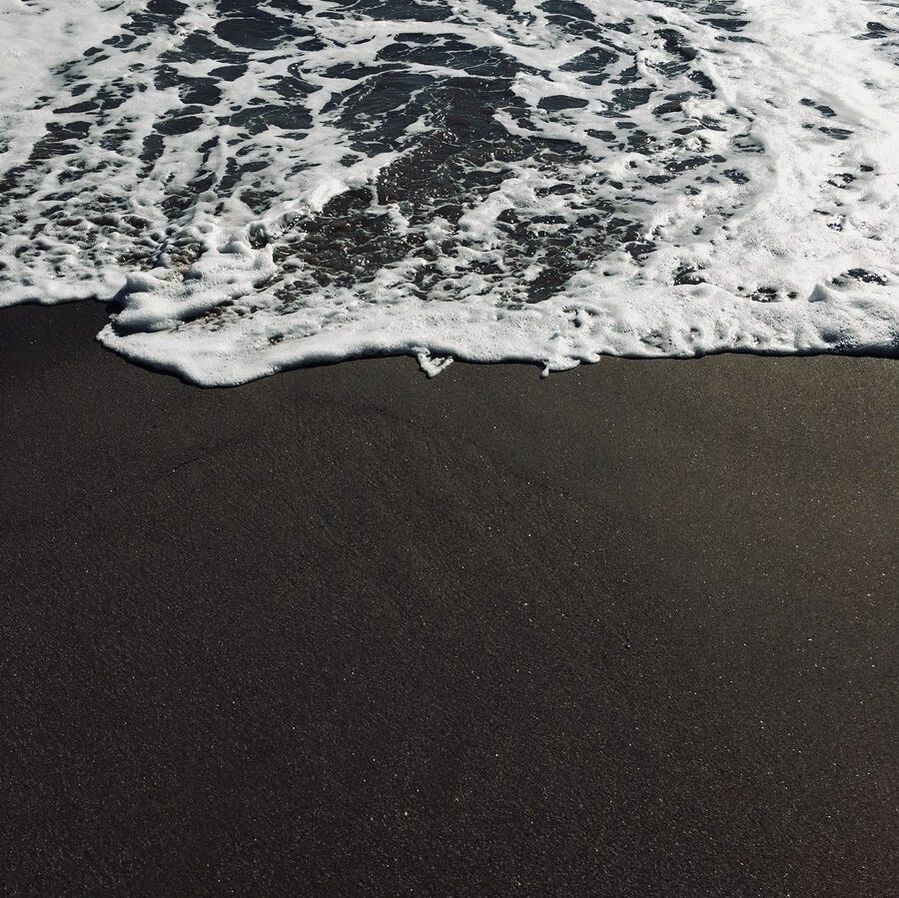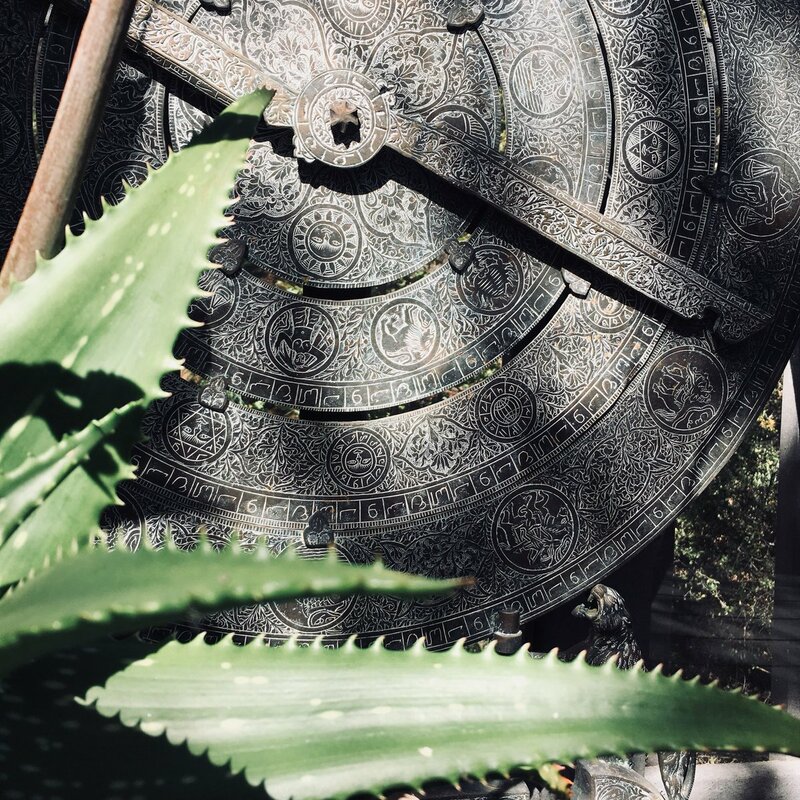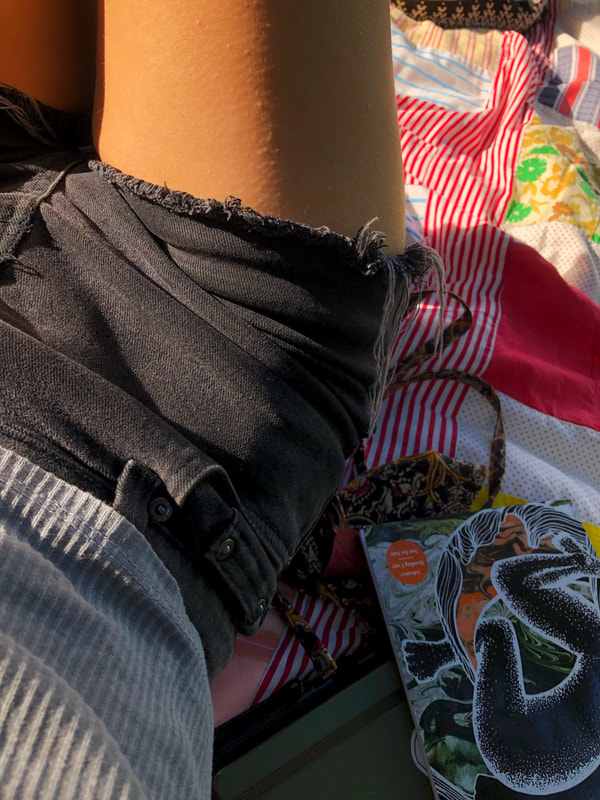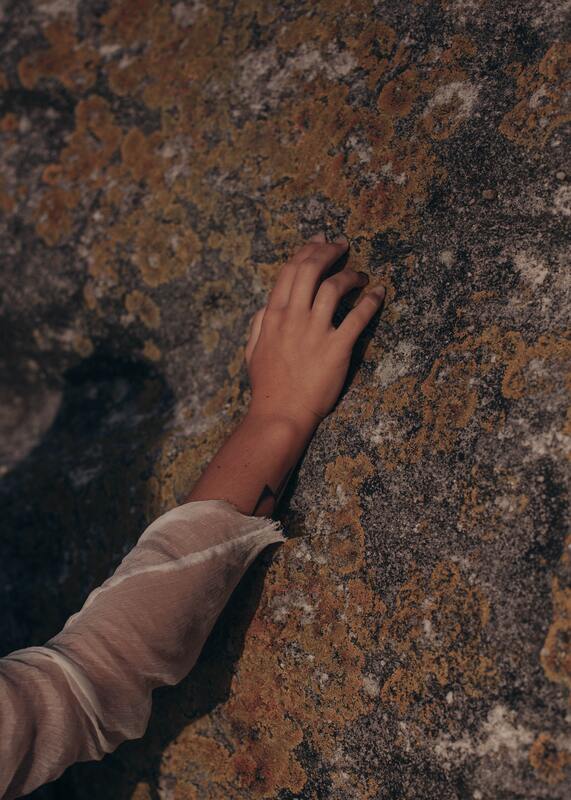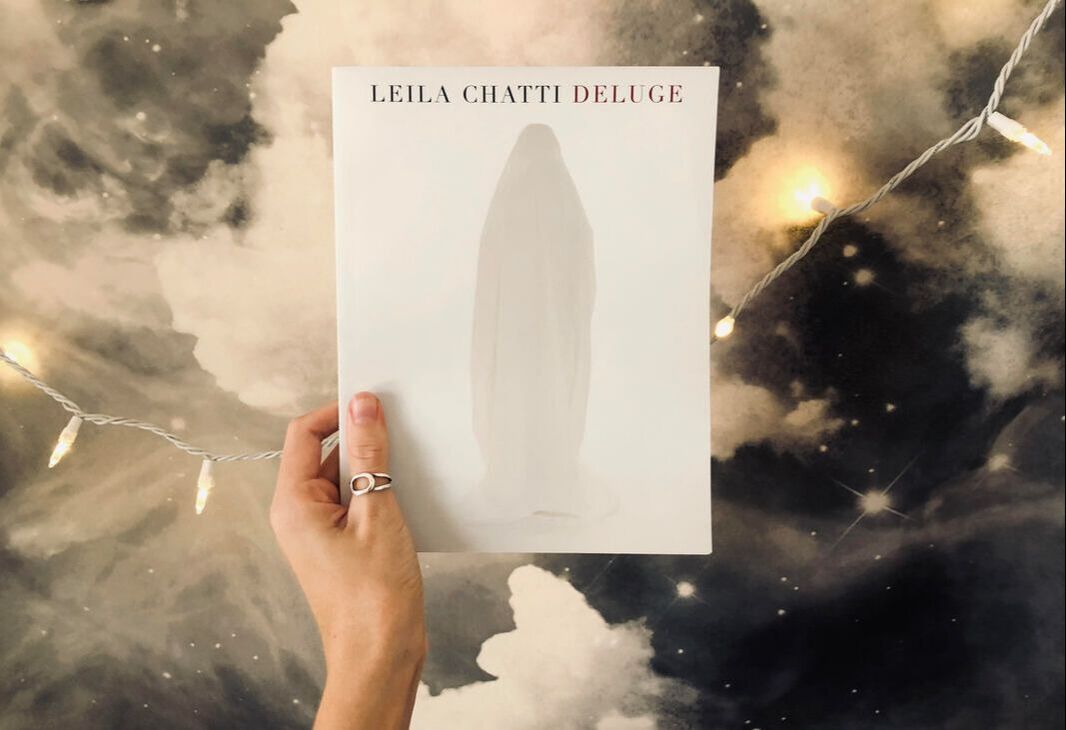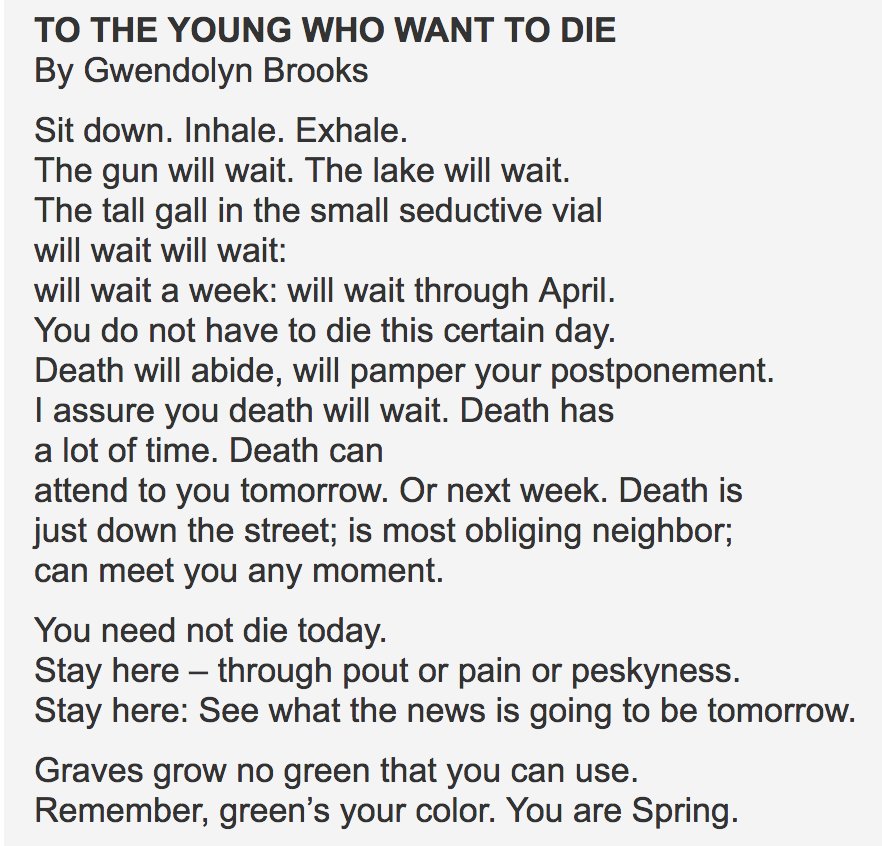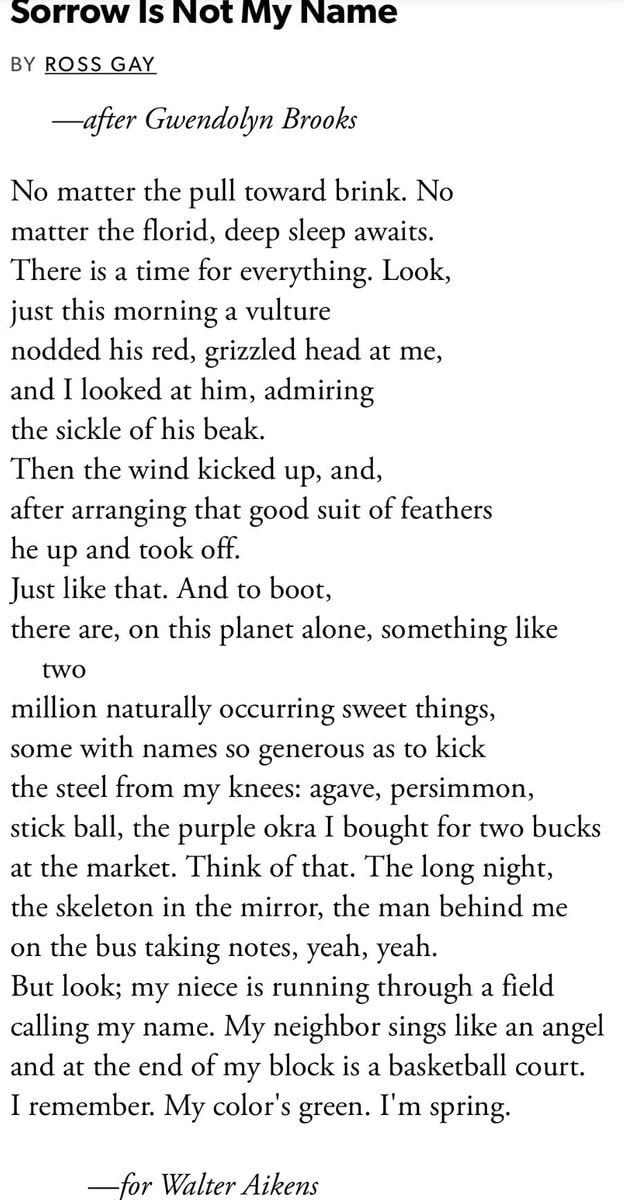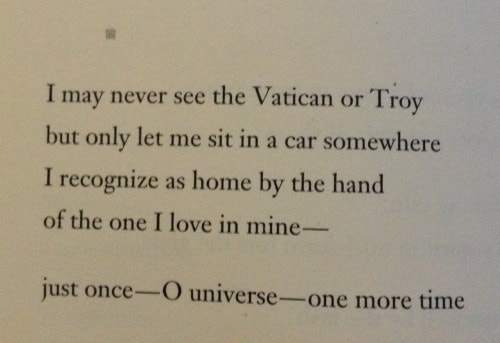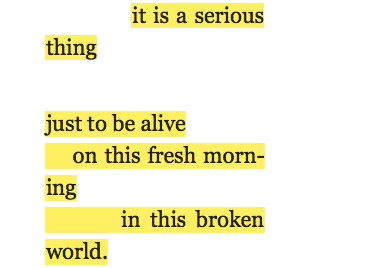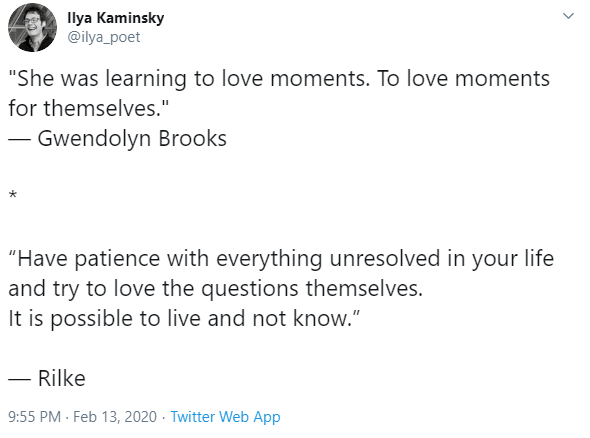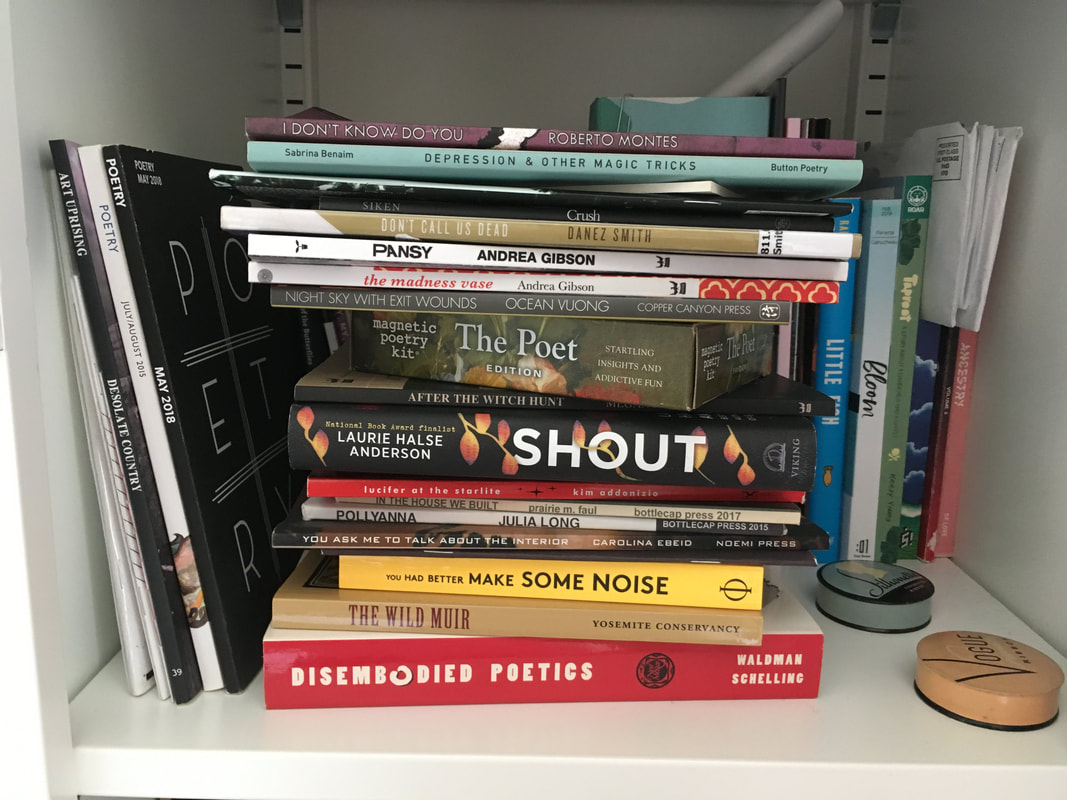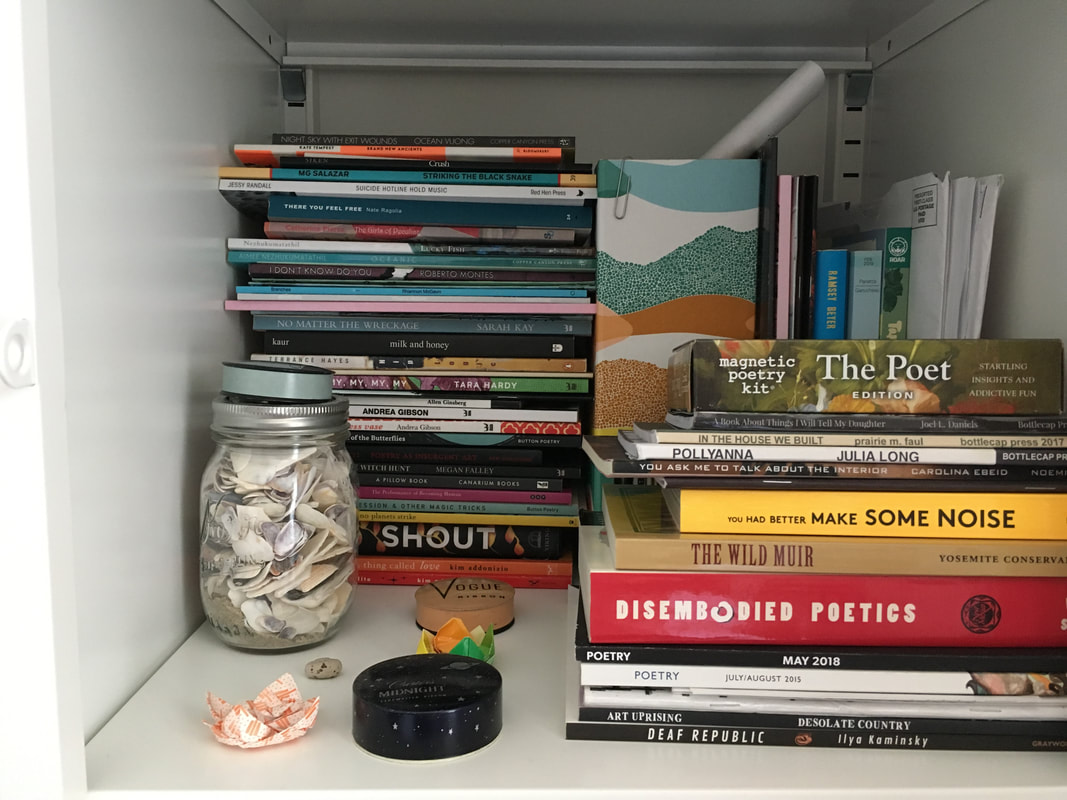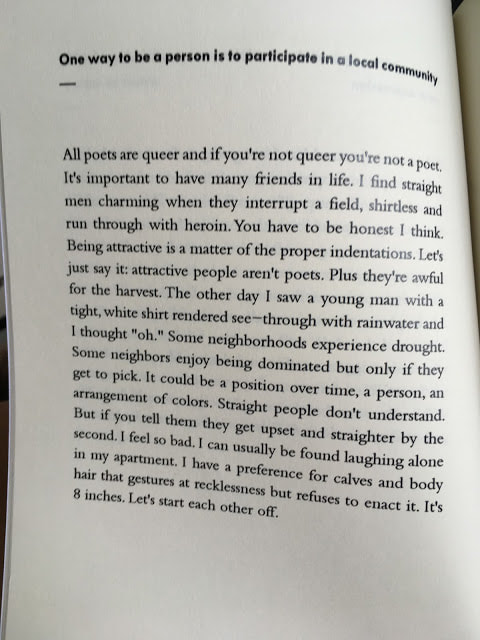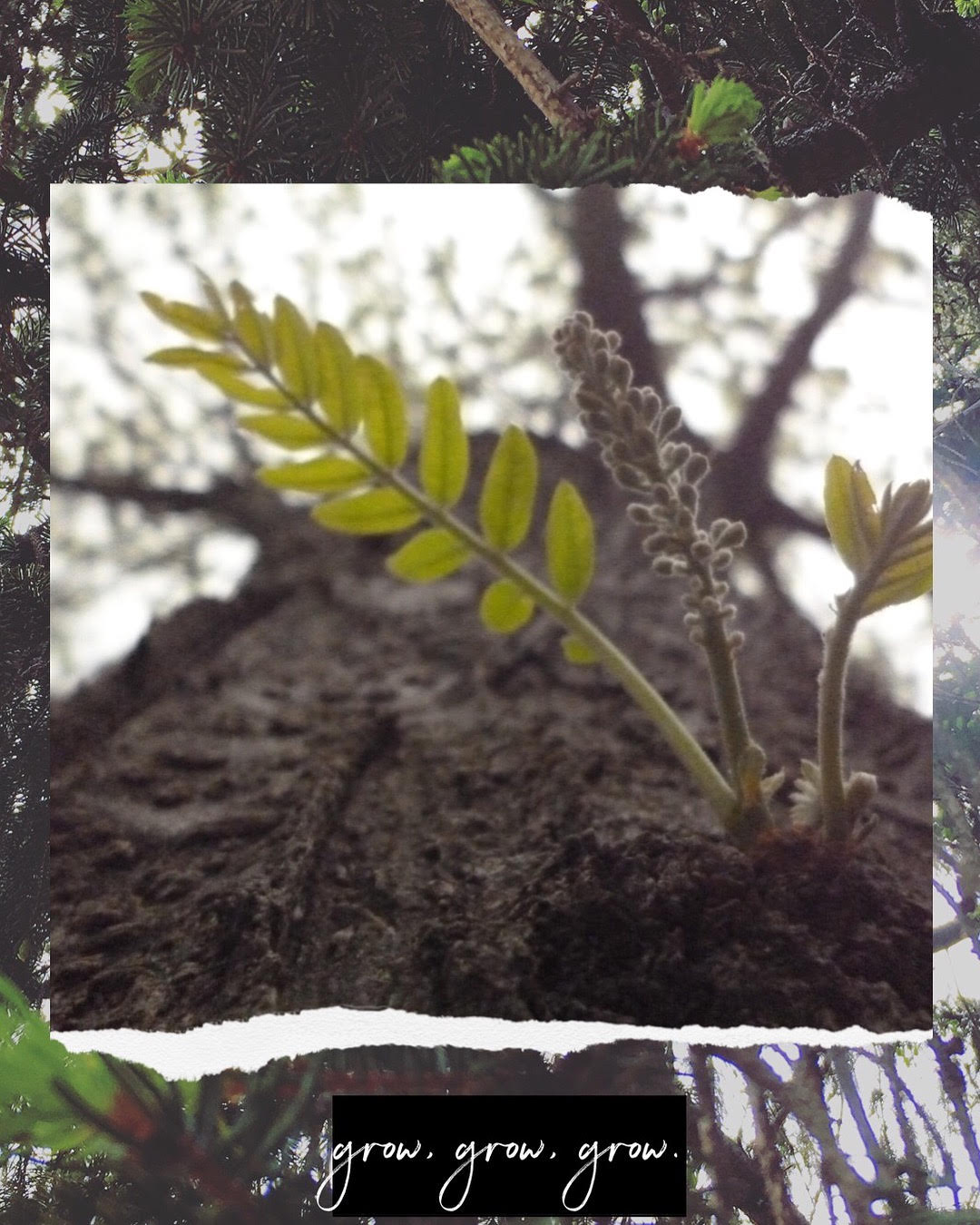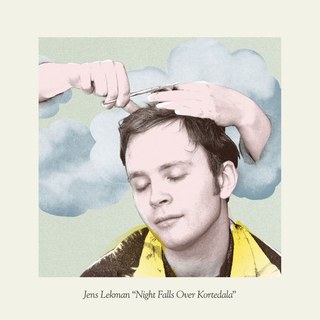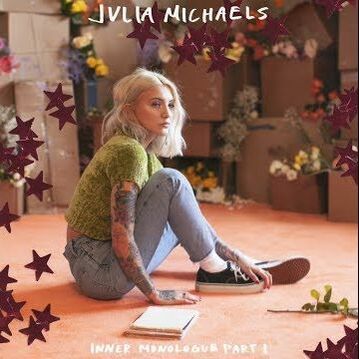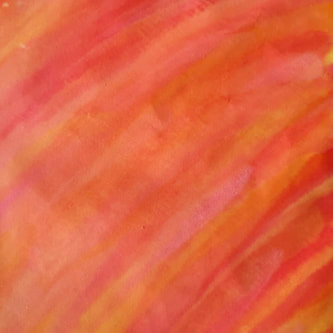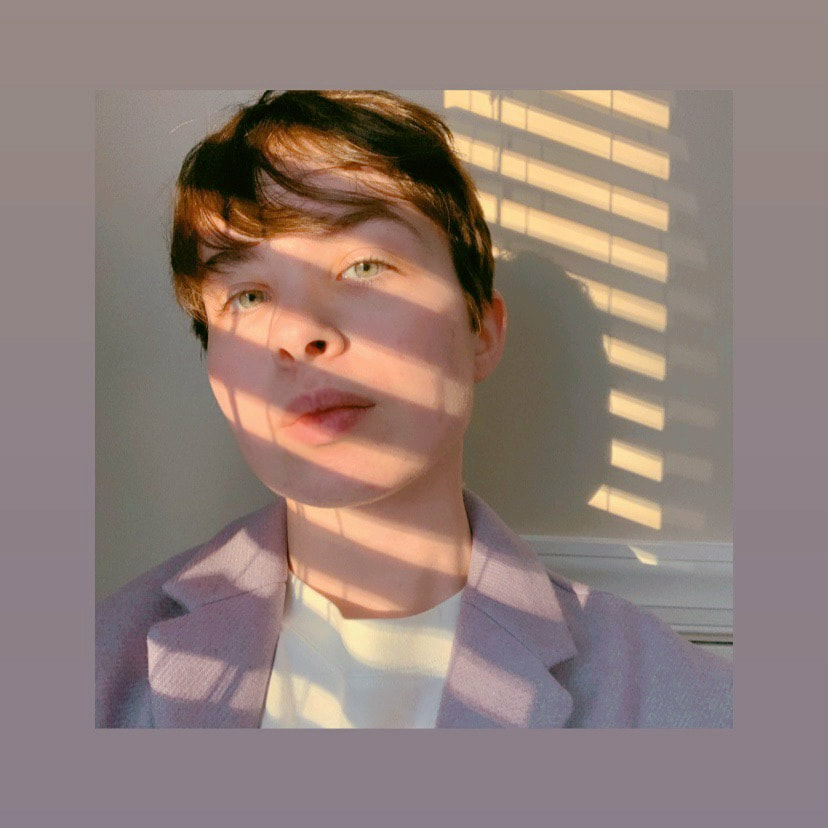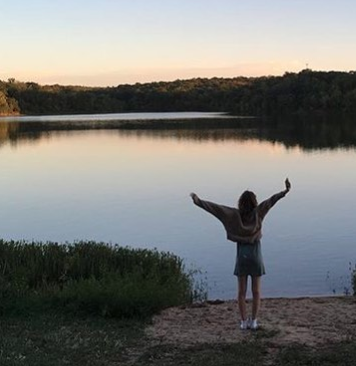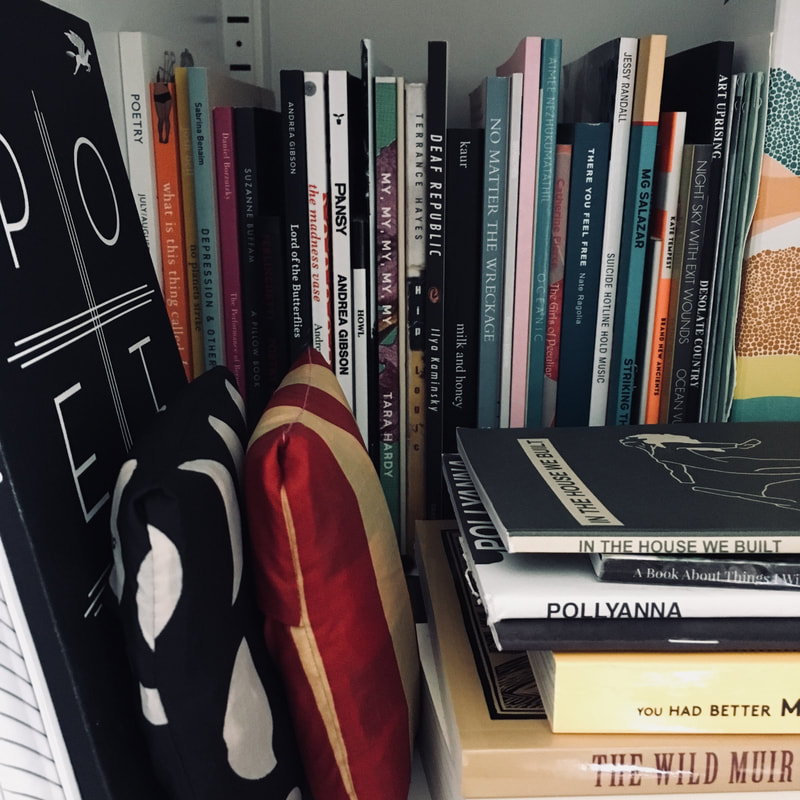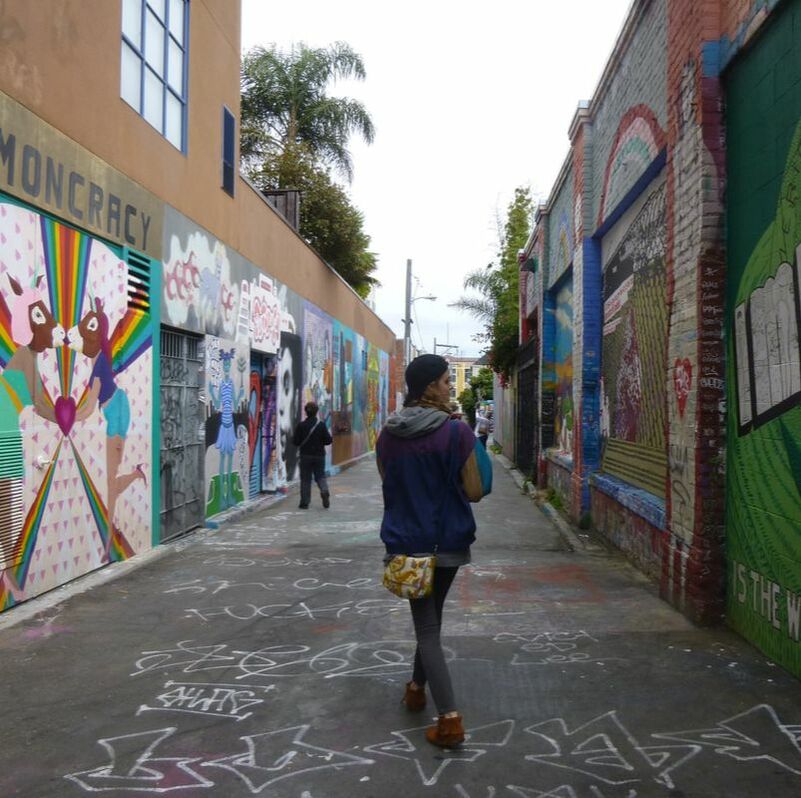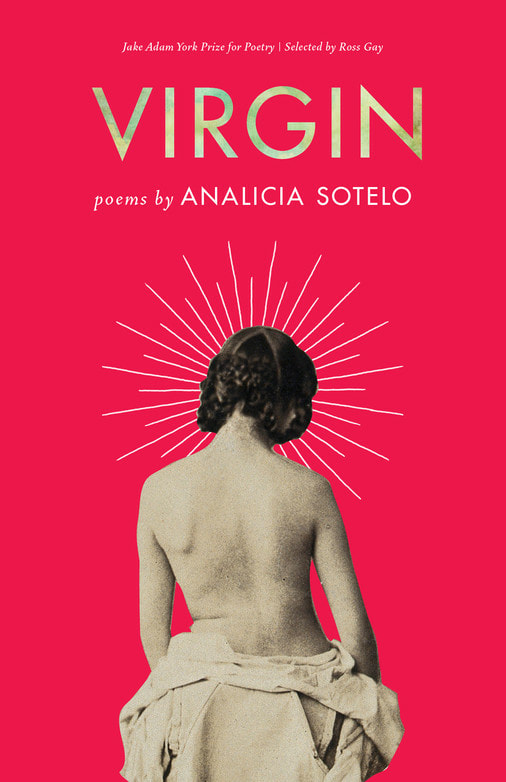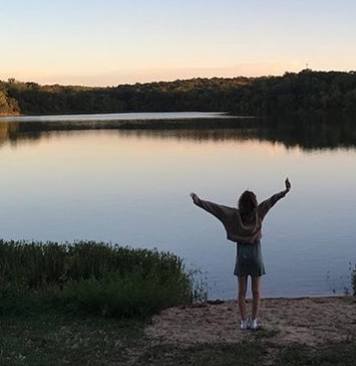|
originally this was part of a series of essays during The Sealey Challenge, all scrapped. really, this post is representative of 2020 as a whole, for m, thus-- These days I am so anchored to the house that I begin to float away, ungrounded. It has been two hundred and eight-seven days since I left the house, face uncovered, so confidently. At first, I dragged my feet forward, hoping to cling to these forced days at home like a productive staycation. My naivety kept me calm, for a moment, until the anxiety and dread settled unshaken. I don't know if one day has passed since March, or if most of the year has sifted away barely touched. I want to say I have looked at these walls so long that I have allowed them to morph into canvas, into possibility, into a forced strict sabbatical of creativity and comfort. No, instead, depression is a dust I cannot quite keep wiped away, and anxiety is a breeze blowing just hard enough not to let any pages settle without a struggle. I've tried what has worked and what will never. In August, I began The Sealey Challenge, all starry eyed and lying on my back on my great grandmother's quilt in the sun. No, I did not successfully complete it, but I did accomplish enough. I tried, I read, I learned, I found. I tried, and I failed by reading a grand sixteen poetry books, of which I am vaguely proud enough. I learned (again) that I approach poetry like I do people I love: I do not really like many poetry books, but when I do, I am breathtaken and dizzy and committed. I found that what loops me into the pages and sets me free is when poetry is not particularly heady, but instead grounded and raw and emotional and real, yet surprising. Environmental. A journal made more intimate by surprise. I love the moment I am shocked I did not think of the words myself, and I am so in love that I am nearly angry about it. I love the humanity of poetry. I love to recognize myself and crawl away from my reality and into my body, tucked into the earth, no matter how it trembles or burns. Space Struck by Paige Lewis was a delight, caught double taken in a panic and laughter. Olivia Gatwood and Megan Fernandes are painters of girls, and it scares me in a way so familiar I will not look away. Kate Tempest unspools gender with Hold Your Own, and Louise Gluck's The Wild Iris takes me almost as long to read as a new leaf unfurls on the vines I bought during my first outting after spring's lockdown. Again and again, I learn that despite the deep set exhaustion of growing from caterpillar to a butterfly trapped under the glass of a pandemic, I do not want to leave myself and my body when I read. Yes, it is true, I spend most of my time attempting to outrun myself. It's true, I wake up and decipher how I might make the time fray into nighttime again, so I can rest unconscious, smothered in dreams. I said I wouldn't download TikTok- "no matter how bad it gets"- but I scroll it for too long nowadays, and nap in sunlight, and binge every series I've ever held close. Escapism is a survival skill, until poetry. Here I want someone to be brave enough to force the sharp edges of being alive into something I can see and hold and accept and see as beautiful, despite despite despite. It's not that I need to recognize what I read, but that I am desperate to acknowledge the pain and say that living is worth acknowledging anyway. I want poetry that leaves me rooted, breathing, nodding, and saying yes, regardless and because of. I want poetry to remind me where I am, shaking me from where I feel I remain. I want poetry to unravel reality into secretly named exhibitions. "I say in speeches that a plausible mission of artists is to make people appreciate being alive at least a little bit," said Kurt Vonnegut. I did not finish The Sealey Challenge, because ultimately I wanted to slow. It is a disorienting thing to be so exhausted of the oozing stagnancy of life, to hunger so deeply for speed and change and energy, to choose to slow and consider and soften into a failure of a challenge to savor each word offered to me. I'm honored to be allowed into the hallows and corners of other lives, to be reminded that there is a world and a future and a past beyond the walls of my isolation, which such a full range of experience. To know it existed is to see proof that it will happen again. 2020 may be a holding cell shaking the shoulders of our priorities and civil rights (many shout outs to the government for forcing me to grovel in thanks for my life being slightly better than 90% of people in 1847, but that's another rant, isn't it?), but it is also a window into what we want, what we dream, and what we remember, scavengers for proof of a future. mjust doin their thing
0 Comments
Finding Solace in #TheSealeyChallenge and Leila Chatti’s Deluge, guest post by Taylor Garrison9/14/2020 As a recent college graduate, I’m all too familiar with how precious reading for fun is. Assigned texts and annotations do not leave much time for leisurely reading. While the Sealey Challenge is fast-paced (the challenge being to read one book of poetry a day in August), it has been an absolute joy to participate in. No matter how the day unfolds, I know a poetry collection is waiting for me. On the second day of the Challenge, I downloaded a library ebook of Deluge by Leila Chatti. My first introduction to Chatti was the outstanding anthology Halal If You Hear Me from Breakbeat Poets. The poem, “Confession,” particularly struck me: “(oh Mary, like a God, I too take pleasure / in knowing you were not all holy.” There was a strange comfort to Chatti’s poetry— I, too, did not have to be “all holy.” I certainly hadn’t felt holy recently. In April 2019, I was diagnosed with a cancer I had never even heard of before. A month later, I could barely recognize my bald, sickly body in a mirror. As I flipped open the virtual cover of Deluge, I had no idea that Chatti had a similar brush with illness. “I wear a gown that ties in the back; this is how / I am sure I am sick,” begins the poem, “MRI.” There are few times I felt such awe for a poem. It was as if Chatti had observed my own life and scribbled it across a page. After my diagnosis, I struggled with reading illness, and in particular cancer, poetry because it felt hollow, cliche, or both. Chatti captures the peculiarities of doctor visits, scans, and the names of diagnoses.She gives the strangeness of sickness space the page. Though I don’t believe that poetry has to be relatable to be good, there is joy (and a bit of jealousy) in knowing another poet so expertly captured something you’ve experienced. I suspect even if I wasn’t doing the Sealey Challenge, I would have devoured Deluge in a day. There is so much to love about this collection, as both someone who experienced severe illness and as a poet. The poem, “Tumor,” which spirals in on itself. The push and pull of Mary’s narrative in religious texts versus the idea of her. The delicate, and deserved, anger towards patriarchy and its creation of menstrual taboos. The line I keep coming back to, “In November, eight months after the surgery, I look out at everything dying and declare it / radiant.” As the Sealey Challenge comes to a close, I’m glad I did it. I read about eighteen poetry collections and chapbooks. I tried to read new collections, but I snuck in some older favorites too. Though I would recommend them all, I particularly enjoyed Finna by Nate Marshall, Eye Level by Jenny Xie, and In the Language of My Captor by Shane McCrae.
Pitch an essay about words or a book review at sproutclubjournal@gmail.com
i feel abrasive.
a small sunny wreckage. pooh if pooh wore leather and fenty eyeliner too heavy and desperately needed a haircut. crowded by softness, and i bet my hands are too rough to hold it. why is it always dark out? missing the sunlight. wired but restrained and unmoored. like hot water, soft and light, but a bit of a scald. i wish i'd both hush and open. my hair is too long. makes my face soften out. i've finished a lot of poems lately, and i've needed a lot of poems lately. i have a craving for tender poems, some words that could teach me to both soften and straighten my shoulders back to face whatever darkness seems to hover. here's what's keeping me tender lately.
from Waves by Virginia Woolf
Good morning, I've been feeling a bit more alive lately, and I can't tell you exactly why, but I can tell you about small wonders recently: > The nights and mornings are suddenly much cooler, > and the owl has returned to their perch outside my window, hooting. > The Owl and Bone August tarot challenge has stoked both my honesty and vulnerability. I am learning that it is okay to want things... passion = direction! > The dad happily telling his son how awesome the library is. He just said, "All of this is just stuff and things until you realize how important it all is. So dig in. The library is so awesome." My librarian heart exploded! > Steve. Harrington. > This dog made me cry tears. > The Turkish brew coffee using hot sand. The world is magical. >And the reason I'm here... poems and poems and poems! Words keep stumbling into my way lately, and snagging my breath. Following are some quite short, but so saturated poems for your every day grief, astonishment, and political disenchantment. Take a sip. Enjoy.
Have a lovely weekend. Stay hydrated and connect with the earth somehow.
M Hello, happy July! I was inspired by Rhiannon McGavin this afternoon to tackle my poetry shelf gone ary, to the tune of Aimee Nezhukumatathil vs. the Garden, on the VS podcast. I loved it. Hearing Aimee's voice made me love her poetry more and more. Such sweetness and generosity flows from this podcast. If you like poetry or words at all, I highly suggest it. As for my shelf, here's the deal. I work at a library and enjoy minimalism, and thus rarely buy books. However, I do buy 3 types of books: poetry, comics, and books from author events, and I try to write about the occasion on a post it note to keep in the book, as I love getting poetry, zines, or comics on vacation or an occasion. I quite love documenting this, because it equips me to remember stealing a book from the English Department when I turned in my last final ever, and decided I was owed at least one nice thing for free, or a coworker slipping a perfect book into my life midmeeting, or curling up on the floor of a bookstore across the country, overwhelmed with words. I love that. Anyhoo, the poetry section was shelved normally, and there was absolutely no room for any more. And we know I will continue to buy books. That, and the mountainous stack in front of it has been stressing me out. Inspired further by Rhiannon, I flipped the stack, kept it in alphabetical order, and further sorted what I have and haven't read fully (the stack obscuring some comics are either too long to fit, a few of my issues of Poetry, and just a bit of my to-read stack... oh I have so many, piled all over. Just wait till you see the shelf dedicated to books about poetry. And anthologies. I have yet to tackle my bedside table too. Sigh.) I kept a jar of Los Angeles shells, origami flowers, and vintage typewriter ribbon cases out, but this time, they're not squashed behind a stack of books! I love seeing people's bookshelves, as well as their book wishlists. What are some books you still just have to buy, and why? My list is based on poetry or fiction that I just have to underline. I'm looking forward to foraging Powell's for On Earth We're Briefly Gorgeous by Ocean Vuong, Brute by Emily Skaja, Soft Sciene by Franny Choi, and Wisdom of Insecurity by Alan Watts. I'd love to see your shel(f/ves), and to buy list. What has you smitten lately? Enjoy the summer time,
m heya my people, been a minute, huh! and i'm sad bout it. anyhoo, this is part two of a series on queer poets. i think it's important to read and support the work of diverse artists, and one simply way to do so is to read poems. they're short, they're loaded, they're good. without further ado, follows is a list of poems by the LGBTQ+ community. i will have more for you soon. i hope you enjoy. love and support, and see you sooner than later, m one way to be a person is to participate in a local community by robert montes i guess by now i thought i'd be done with shame by franny choi afraid of nothing by keaton james recreation by audre lorde i invite my parents to a dinner party by chen chen howl by allen ginsberg the 17 year old and the gay bar by danez smith on earth we're briefly gorgeous by ocean vuong novel by arthur rimbaud poem about my rights by june jordan who said it was simple by audre lorde dear straight people by denice frohman orlando by andrea gibson you are jeff by richard siken trans jesus by keaton james more lists: Odes to Intimate Queer Love: These 12 Gay Poems Will Make You Want to Fall in Love (and Lust) via Hornet Poems & More via poets LGBTQ Pride Poems via poetry foundation m
(…) Here it is: hello, some days are difficult for me to live through… not necessarily because they are hard, but sometimes things are so good i don’t know how to hold it. i’ve been reading about overcoming imposter syndrome, and one night i understood some things about my view of myself: i tend to define myself by what i do, and not who i am. when what i do changes, even only slightly, my sense of self is disturbed. i also divide myself into selves based on context, though not in that good girl/bad girl way that people think teenagers do… mostly my access to words and self changes based on context. when these selves cross paths, i feel shame, fearing i am less authentic. funny, because the merging of my selves makes me more myself than ever. so i need to remember this: i can be both-and, and all. multi-faceted. deeper. some days, i simply do not recognize my self. and on these days, i need to settle into my body, into my self. to question what matters. what is beauty, in my eyes. what makes me feel. what i want to do. my intention in every situation. sometimes this simply means i put clove and tangerine oils in my diffuser. maybe i eat outside and steep in sunlight. maybe i do a little yoga. do my skincare slowly. and sometimes it means i read nonfiction, or fiction, or poetry. poetry always does that thing to me, whether i write it or read it. it asks me to see and feel the world, without remaining an apathetic observer. to appreciate something, even if it’s the wording of something hard to swallow. it’s national poetry month, so i’ve added some poems that i think are worth reading or listening to. i hope you find something that brings the color back to your world, and helps you feel a little more like yourself. let us know if there’s anything we should try. we love to hear from you. namaste, the light in my recognizes and honors the light in you, m poetry→ still i rise, by maya angelou, performed on so you think you can dance, for survival → laugh with god, by madi mae parker, for becoming → for the dogs tho barked at me on the sidewalks in connecticut by hanif abdurraqib, for meeting yourself → angel of the get through, by andrea gibson, for your best friends → the future, by neil hilborn, for your hardest days → things that could happen to a girl wearing jeans, by rhiannon mcgavin, when politics gets too much → how to be a poet under the new regime by roberto montes, on being → self portrait with no flag by safia elhillo, for pledging allegiance → joy seekers, by levi the poet, for easter listening→ Elgar’s Nimrod (Variation IX) from Enigma Variations. listen when in pain, for the reminder than in every hurt there is longing, and in every longing there is hope. nadine: this month’s classical love is a staple. apparently, according to the song’s wikipedia, it’s played pretty much all the time (i’m exaggerating, but only a little). this enigma variation was dedicated to Elgar’s closest friend, August Jaeger; it’s the story of how Jaeger encouraged him to push through pain and keep making music. in a letter to Jaeger, Elgar wrote that each variation had been written borrowing the voice of a friend, “if they were asses enough to compose.” to me, the Nimrod variation is a reminder of what a powerful balm sincere encouragements can be. i hope it catches you at the right time. → Happy by Julia Michaels (released in Inner Monologue Part 1, jan. 24, 2019). listen if you feel like dancing and feeling sorry for yourself at the same time. nadine: mmm who doesn’t like a good sad pop anthem?? this one’s been stuck in my head all month. (also worth noting that i think this song needs to be taken with a certain measure of self-deprecating humour; it’s absolutely not necessary or even useful to “kill relationships for art.”) → Night Falls over Kortedala by Jens Lekman gray: a long time favorite album of mine, and my favorite Jens Lekman album. every year, for me, this album seems to usher in the beginning of spring. the dancey instrumentals and silly, lovelorn lyrics will never cease to feel brand new to me, even on the thousandth listen. → Mississippi by Kevin Abstract m: the outro to the brand new ep ghettobaby, this song had me both tearing up and dancing at my desk. it’s homey and homesick at the same time. watching→ Guava Island m: i’m of the opinion that Donald Glover can do no wrong, and i am right again. this time, glover is flanked by Rhianna and Lititia Wright *heart eyes* reading→ The Future is Feminist edited by Jessica Valenti m: a brilliant intro to feminism, spanning much time and differing schools of thought. each essay is different both in subject and mood (yes, some will make you smile.) despite the hot pink and orange text (I couldn’t read the quotes in orange), i love it. i want it. this is intersectional, empowering, accepting feminism, and i feel empowered creatively and mentally. → “Why Do I Always Have a Crush on Someone?” by Heather Havrilesky “The trick is not to stop wanting. The trick is to stop abandoning yourself and your life every time you want something. The trick is not to stop eating. The trick is to stop blaming yourself for your hunger.” as a chronic crusher, this piece makes me feel validated and made me think a lot about how i exist in relation to and treat my romantic/etc desire. → With the Fire on High by Elizabeth Acevedo m: Acevedo’s first book, The Poet X, was incredible, and so many thought so. Her second book releases May 15, and let me tell you… it is spicy and sweet and warm and bright. Emoni is a single mama, a girl who adores cooking, and a high school senior. this life is so much pressure, but so full of love. highly recommend, not just for the story, but also for the beautiful writing. → Keep Going: 10 Ways to Stay Creative in Good Times and Bad by Austin Kleon m: i feel like this book is a guide to life. all you need to know right now is that it’s austin kleon’s new book. perhaps i’ll give it its own blog post. sipping + eating→ thai coffee, strong and sweet and spicy. good for chatty dinners over stir fry noodles or productive afternoons. → lemonade. it’s already hitting temps of 80F here, so i might as well lean into the summer weather with a classic drink that happens to be a favorite of mine. → ginger matcha ice cream with dark chocolate chips. healthy for your heart. thinking→ nadine: how are the hindering things i do benefitting my fake self? what can i do to stop the negative cycle where my self-sabotage fuels my negative self-beliefs? procrastination, i’m looking straight at you. i will not let you make me angry. → nadine: i want peace of mind, but i am constantly looking for ways to make my life more intense, dramatic, exciting. in my journal, i have written: “why am i not that person now? thick fabrics, plants, light. a big garden. who is this person & what has changed within him/her to bring him/her to let go of that need for drama & intensity? why is he/she content with that life? what life is that?” → m: what do i feel like i’m not allowed to do, and why? what blocks are in place before my creativity, and what have i forgotten to love as the years pass by? how can i dismantle shame → m: do i have a routine? what is my dream routine, and how can i slowly work it into my mornings, days, and nights? → m: how can i create space for other people? who have i not forgiven? → gray: time is passing whether or not i want it to. i have spent the last several months oblivious to this, stuck in a pattern of being stuck. now it’s april and i find myself trying to figure out what i’ve even been doing. a short break post-grad turned into a time where i have been questioning all my decisions and skills that i believed i had. how do i move forward with my life now that every turn is filled to the brim with uncertainty? and who am i to complain? how do i stop focusing on the path not taken? napowrimo prompts→ via nosebleedclub → via let's escapril → via winter tangerine what about you? what’s been making you think, lately, “i’m glad i stuck around long enough to discover this?” let us know!
I've been writing this post for a week, trying to express what I think Deaf Republic by Ilya Kaminsky is about. How it fits into our life. And then the news notification start rolling down my screen. On the 15th of March, 2019, a man entered two New Zealand mosques and killed fifty people. Immediately, and weeks later, New Zealand women who are not muslim donned head scarves in solidarity, from the Prime Minister to reporters reporting on more recent harassments targeting women in headscarves. One such reporter, Samantha Hayes said, ““I’m wearing a headscarf today for her, and for the families and friends of those killed in Christchurch a week ago” (x). We remember Joe Biden isn't just a pure man nursing a bromance with Obama. People stuffed on concrete beneath an overpass, held in by barbed wire, like feedlot cattle, because of their pursuit of the American dream. And so on. I want to give you an eloquent, deep essay connecting today to Deaf Republic. But at this point, I think it'd do Kaminsky, and you, a disservice. So read something. Try Deaf Republic, an epic poem. Good for both fiction and poetry readers. You won't regret it, but you'll feel it. Deaf Republic does that thing. You know, that ~thing~ New Yorker and Buzzfeed writers keep trying to say when they talk about poetry making a "resurgence in uncertain times." That thing that leaves you with more questions and images and feelings about the world than when you came to it, slowing cracking the spine. Power to you. Read something this month. It's national poetry month. Start here. Namaste, M “You will find me, God / like a dumb pigeon’s beak, I am / pecking / every which way at astonishment” “silence moves us to speak… Bless each thing on earth until it sickens, silence? “Body, they blame you for all the things and they
seek in the body what does not live in the body” [this post was originally posted on my blog... i think about this one often, lovingly.] It’s eighty-two degrees and I sit on sun drenched concrete, hot pink book in hand, pebble- small crimson strawberries staining my left hand and right knee. Suddenly, a fluttery brown butterfly wiggles between my thigh and the ground, crouching against my skin. I shriek- being the put together young person i am- and then quiet, carefully shifting to stare at this beautiful thing that has chosen me to rest against. It flutters upwards too quickly, shooting straight into my neck where its wings rustle kisses much too softly against the most intimate sections of my neck. I shriek and wave my arms again- because yes, I am peaceful and one with the universe, experiencing every little girl’s dream of cupping a butterfly, though definitely not in the proper place- and scream the line of poetry I had just read moments ago: the butterfly, “she was floating like a lost brain cell!!!” The line is all too simple and visual and connotative. Yes. I know who this is. I can use this. Good poetry feels like that: stunningly familiar and sensible, yet so perfectly said that it must be filed away for future reference. Analicia Sotelo’s Virgin is so: lush, surprising, and yet all too familiar. Sotelo explores the feminine, specifically the bittersweet single girl in all her conflicted, tired-of-your-bullshit, loving, hungry, reliable complexity. The first sections of the book, aptly named TASTE and REVELATION, root themselves in this girl and her perspective. From an emotional distance, she observes those surrounding her from within their midst at summer barbecues or late night kitchens. Here, there is desire for love and satisfaction, intertwined with innocence, hesitation, memory of her Texas home, and personal myth. This is exactly how the entire book is constructed; though we depart from our single girl and travel backwards, we remain rooted within her multi-faceted identity. Sotelo paints portraits for her reader, embracing lush and surprisingly logical imagery and metaphor. Such metaphors are not simple and there for the poetics. Instead, the metaphors are reflections of the scene in which it stands, to convey not only a person and their feelings and desires, but also to deepen the setting itself. A strong example of this follows, as our single young woman drifts through a summer potluck. Metaphors reflect her resentful boredom, and her desire for true emotional and physical intimacy. “I’m a radish tonight, for everyone has been flowering with careful hellos and it’s made me red and pungent, made me sick of potluck drinking under the stars with the weeds, brushing their blond hair against my ankles, sick of the clear buttons of sweat on their skin and their salty arguments about who’s best at breathing…” (Expiration Date, 11) All metaphor in Virgin is effortlessly intentional, and stunning. After observing and interacting with men who can’t quite satisfy, the reader is led down the hallway of doors, first to revisit past traumas, revealing how exactly we arrived in this single female body. Sotelo is thoughtful; she does not write with blame or bitterness. Instead, she gingerly examines all angles, including, yes, toxic men, but also, relational complications-“In this the twenty first century / where men still love girls, but rarely admit it, / and history binds you to your signature” (29)- and emotional unavailability- “the place, like me, had its visitation days” (48). We continue to slowly backwards through time, stumbling home to a childhood with a father drifting in and out of view. Slowly, we understand the first sections from within the lens of the girl’s roots; a girl is a history: “I am my mother’s daughter. / I am not afraid to go back in time” (42). A girl is a myth. The concept of virginity is slightly questionable, placing value in a touch or experience which is often so very complex and personal. In one realm, all value is given to the virgin, while in other worlds, “when they said Virgin, they meant Version we’ve left behind” (23). So is this a virgin: A myth? In a sense, yes. The book follows every myth revolving ’round the heart: the myth of who she has been: “People think I’m sweet… look now: my heart // is a fist of barbed wire” (8, 18). The myth of the identity of who she had thought she wanted: “so / many people are tender from the right angle” (8). The myth of unreachable fathers. The urban legends behind artists like Frieda Kahlo. The traditional myths, rooted in Ariadne and Theseus. Virgin is, at its core, a book of myth. The book closes softly, a reflection of every poem and girl portrayed. It is neither sad, nor joyful. Perhaps we fall within our single girl, weighed down with disappointment, building a sort of beautiful funeral pyre, looking for meaning in the rising smoke. Her bed is an island, her dreams are a breakthrough, each vessel finds the pia mater, sends her to the beach to collect their driftwood. Burn it. This is how I find you. In short, beautiful. Onto my wishlist it goes. Rarely do I find a book of poetry that so seamlessly connects all of its individual pieces into a complex, reflective narrative. I am impressed, and intrigued by this gorgeous book. namaste,
m |
the cluba small collective dedicated to personal, creative, and communal growths. Archives
January 2021
Categories
All
|
